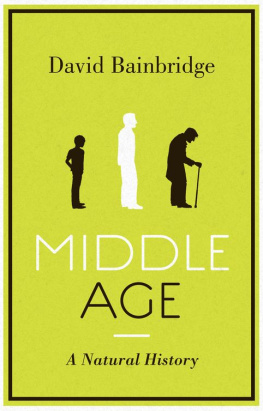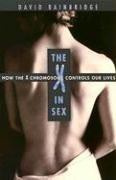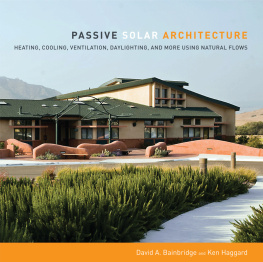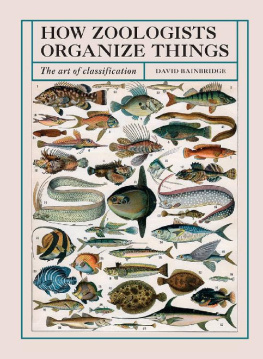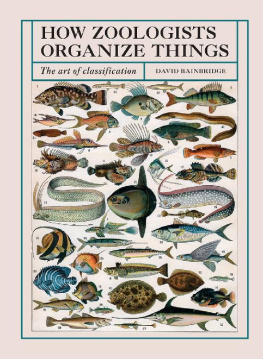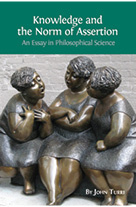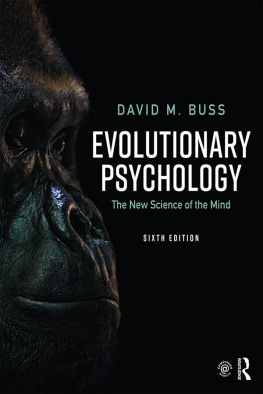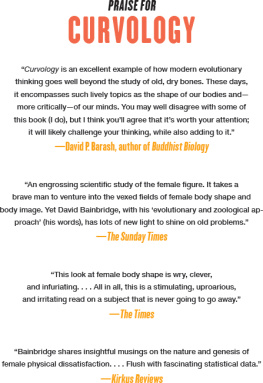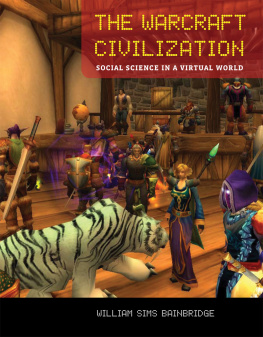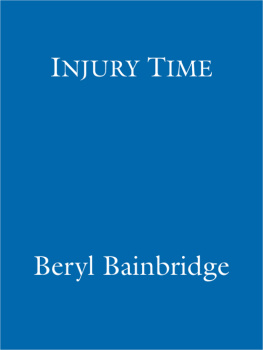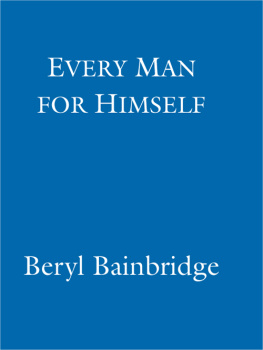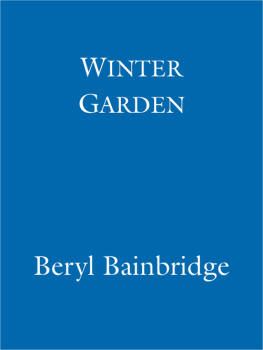It was not supposed to be like this. I was supposed to buck the trend. At thirty-eight I had derided the numerical milestone towards which I was hurtling, laughed in the face of the new decade of life which was supposed to make me middle-aged. Even the name of this life-phase middle age seemed alien, a term of abuse more than an actual phenomenon I was ever likely to experience. It sounded like something which affected ones parents rather than oneself. No one told me when it started, or ended, or what might happen, so I assumed it was all a hoax, a fable invented to force people to grow old before their time. I felt young at thirty-eight, and I still felt young on my fortieth birthday not for me the clichs of middle age, surely? Yet now I am forty-two, and suddenly time is screaming past, contemporary popular music means nothing to me, and I have a belly, miscellaneous aches and a sports car. What on earth is happening ?
Apart from the disgraceful fact that it is happening to me, the biggest problem with middle age is that it is very difficult to define. Often it seems we simply cannot make up our minds about middle age. Is it an annoyingly vague period of life or irritatingly distinct? Is it a state of mind or a pre-programmed biological life-stage? Maybe it begins when becoming eighty years old seems alarmingly close rather than eerily distant. Or perhaps it is the time when you face the choice between two competing alternatives: accepting that life is going to get inexorably worse, or steeling yourself for the constant self-deception that things are better than they have ever been. Most of all, I wonder why middle age strikes fear into so many of us.
In this book I want to find out what middle age is and what it is for. On our journey, we will try to define middle age that in itself is no easy matter. If you ask a doctor to define middle age, they will probably talk about the menopause. If you ask a sociologist, he may mention empty nests and tolerating teenagers. If you ask an economist, she will explain career-peaking , maternal return to work, and provision for old age. If you ask a friend, he might tell you it was the moment he looked into the mirror and realized he was turning into a replica of his parents. But do any of those things truly define middle age any more? After all, men do not have a menopause well, not in the same way women do. Also, many middle-aged people now care for young children, adult children, new partners children, or no children at all. In addition, many peoples careers do not peak in middle age, and many mothers return to work a long time before middle age. In short, people do so many different things with their lives that none of these oft-suggested definitions seems to crystallize the phenomenon we are trying to explain.
So what is my solution? I am a reproductive biologist and a veterinary surgeon with a zoology degree, and I believe I can offer an approach to middle age that will sort out all this confusion.
For a long time I have been fascinated by what utterly bizarre animals we human beings are. From a zoological point of view, many of the things we do in our lives are absolutely freakish. We are the strangest creatures on earth, and we are strange for all sorts of reasons. In the past I have applied a zoological/natural history approach to examine the idiosyncrasies of human pregnancy, the genetics of human sexuality, the human brain, and even teenagers. The same approach can be equally enlightening when applied to that most subtle and complex of human innovations: middle age. Human middle age is a unique phenomenon it is quite unlike the middle of any other animals life. And in this book I will show you that the uniqueness of human middle age springs from the influences which made us evolve it in the first place. Being middle-aged is not about being old it is something altogether different.
I hope to persuade you that standing back and viewing middle age as an exceptional characteristic of an exceptional species can tell you more about your own mid-life than you ever thought possible (whether your own mid-life is past, present or future). At the start of this book, I will provisionally define middle age as occurring between forty and sixty years old, and whenever I refer to middle age without being more specific, you can assume that I mean those fifth and sixth decades of life. This range is, of course, entirely arbitrary and I have discovered that when I propose it, older people think my numbers are worryingly low and younger people think my numbers are strangely high. Yet setting these arbitrary limits demonstrates how much of our lives we each spend in middle age, and the bewildering variety of things my zoological approach to human middle age must explain.
The essence of middle age is best evoked by the questions that might cross the mind of a middle-aged human in the middle of the night. Am I become biologically worthless? Am I getting ill more? Am I ageing at the same rate as other people? What did I develop that complex personality for, exactly? Have I improved my circumstances since I was a child? Should I save for my childrens inheritance or my own old age? Have I left it too late to have children? Am I unhappier than I used to be? Why are the social rules no longer my rules? Should I want to buy a motorbike and run off with a model? What do I do now the kids have left/are leaving/wont leave? Who is this person lying peacefully asleep next to me and why do we two not love as we used to?
This may seem a daunting list of questions to tackle, but my zoological, evolution-based approach can answer them. I do not believe that we are entirely the product of our genes, or that society and environment have no influence upon what we are; nor am I saying that we have no control over the course of our own individual lives. However, I do claim that middle age is a specific, explainable phenomenon which is largely the product of millions of years of human evolution. Middle age is not a twentieth-century cultural invention. It is first and foremost an ancient biological entity, and everything else springs from that.
So why do I insist that middle age exists as a separate phenomenon at all? Is it not simply the start of a gradual, uncontrolled decline towards old age and death? One aim of this book is to show you that, despite the problems we may face when defining middle age, it is a definite, discrete part of human life, unlike any other. It is not just a matter of getting old; this is because of what I call the distinctive-abrupt-unique triad of middle age. The first is that middle age is distinctive. Again and again, throughout this book we will investigate aspects of mid-life which do not exist in young adulthood or old age middle age is simply different. The second feature is that the changes of middle age are often abrupt. Things which happen in middle age often happen surprisingly quickly certainly too fast to be part of some gradual, cumulative, senescent degeneration. The third feature of middle age is that it is unique to humans. Taken as a whole, we do not observe anything like it in other species, and this makes it even more special.
I will review a wide range of evidence which explains why we have evolved middle age. We will see that for most of our evolutionary history, life has not been as nasty, brutish and short as we are often led to believe. For much of our time on earth, many humans have lived beyond forty, and there are special reasons why natural selection still acts on humans at such advanced ages, long after it has given up on other animals. Indeed, over the millennia natural selection has moulded over-forty humans to be the distinctive creatures they are. They are not fading away, but are instead entering a new, specific phase of life in which their social, emotional, physical, sexual, mental world shifts once more. It shifts to a new state which we now know is a creation of our evolutionary heritage, and the sooner you realize this, the sooner you can begin to make sense of your own middle age. Thus this book is written for anyone who is, has been, or will be, middle-aged.

